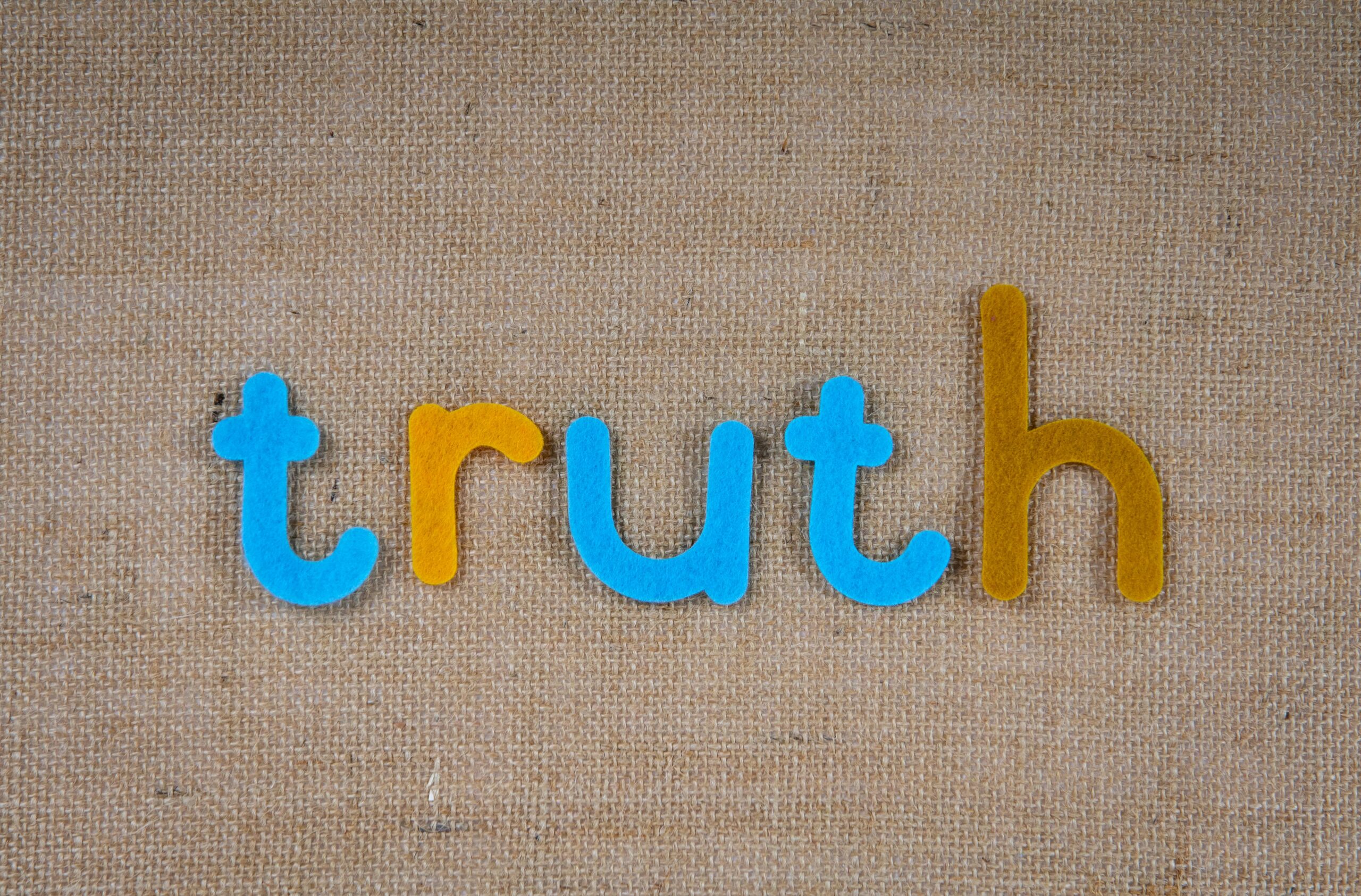When I was growing up, I was often told I had “potential.” My teachers, relatives, and even random neighbors who saw me lugging around stacks of books too big for my scrawny arms would nod approvingly and tell me, “You’re going places.” Of course, they never specified where I was going—just that I was going. Potential is one of those words people throw around when they want to encourage you but have no clue what to say. It’s the verbal equivalent of handing you a map with no directions.
As I got older, I realized that “potential” is just a polite way of saying, “We expect you to do something remarkable, but we’re not quite sure how you can pull it off.” So, it’s a term that comes with a double-edged sword. Every time someone told me I had potential, I felt that blade graze a little closer to my throat. After all, what happens when your potential doesn’t quite blossom into greatness? You become a cautionary tale, a “could’ve been,” the kind of person who people whisper about at high school reunions, right after they ask how your thirteen cats are doing.
When American football coach Nick Saban said, “Average players want to be left alone, good players want to be coached, and great players want to be told the truth,” I think he missed an important category: the ones who are completely deluded and think they’re already great. These are the people who listen to advice the way a cat listens to you telling it to get off the counter—acknowledging you with a half-hearted ear flick before continuing to knock everything onto the floor. The truth is a hard pill to swallow, but if you ask me, it’s better than the placebo of self-deception.
Take it from someone who spent far too many years wallowing in the comfortable delusion of being “good enough.” I’ve been that person who thinks she’s nailing life, only to realize later that the hammer was made of rubber, and I was just banging on an empty table. The thing about wanting to be great is that it requires a level of brutal honesty that most of us would rather avoid. Sure, we say we want the truth. But what we really want is the truth with a sugar coating, wrapped in bubble wrap, and delivered with a warm hug and a participation trophy.
I remember the first time someone told me the unvarnished truth about my writing. I’d handed over a draft of what I thought was the next bestselling sci-fi epic, and instead of the praise I expected, I got a lot of red ink and a note that read, “Your characters are about as interesting as watching paint dry, and the plot is a meandering mess.” My first instinct was to defend my precious words, to argue that the critic just didn’t “get it.” But deep down, in the part of my soul that I usually try to drown with coffee and self-help books, I knew they were right. I could either continue living in the fantasy where I was an undiscovered genius, or I could accept the truth and do the hard work of becoming better.
Greatness, it turns out, is less about talent and more about the willingness to face uncomfortable truths. Honestly, truth is rarely comfortable. It’s the friend who tells you that your outfit looks terrible just as you’re about to leave the house, the mirror that reflects all the flaws you’d rather ignore, and the scale that doesn’t care about how much salad you ate yesterday. But it’s also the only thing that can push you past your limits, that can make you strive for more than “good enough.”
Of course, wanting the truth and accepting the truth are two very different things. We’ve all seen those talent show contestants who, after being told they can’t sing, screech back at the judges like rabid squirrels in a dumpster fight. But the ones who listen, who take that gut-punch of honesty and use it to fuel their fire, those are the ones who have a shot at greatness. They know that the truth, no matter how harsh, is a tool, not a weapon.
So, the hardest truth about greatness is that it’s not for the faint of heart. It’s not for the people who want to be coddled or who prefer to live in a bubble of self-delusion. Success comes to those who can take the blows, who can face the reality of their own shortcomings and still get up every day determined to do better. It’s for the ones who understand that being told you’re good isn’t the same as being great, and that the only way to bridge that gap is to embrace the hard, uncomfortable truths that most people would rather avoid.
As for me, I’m still working on it. I still have days where I’d rather be told I’m brilliant than be told the truth. But on those days, I remind myself that brilliance without truth is just a shiny façade. Sooner or later, the cracks will start to show. So, I grit my teeth, take a deep breath, and ask for the truth—even if it hurts. In the end, I’d rather be great than just good enough. Heck, if I’m lucky, maybe one day I’ll be the one handing out maps to those with ‘potential’ but with actual directions this time.
~ Artemis Desertsong

Leave a Reply